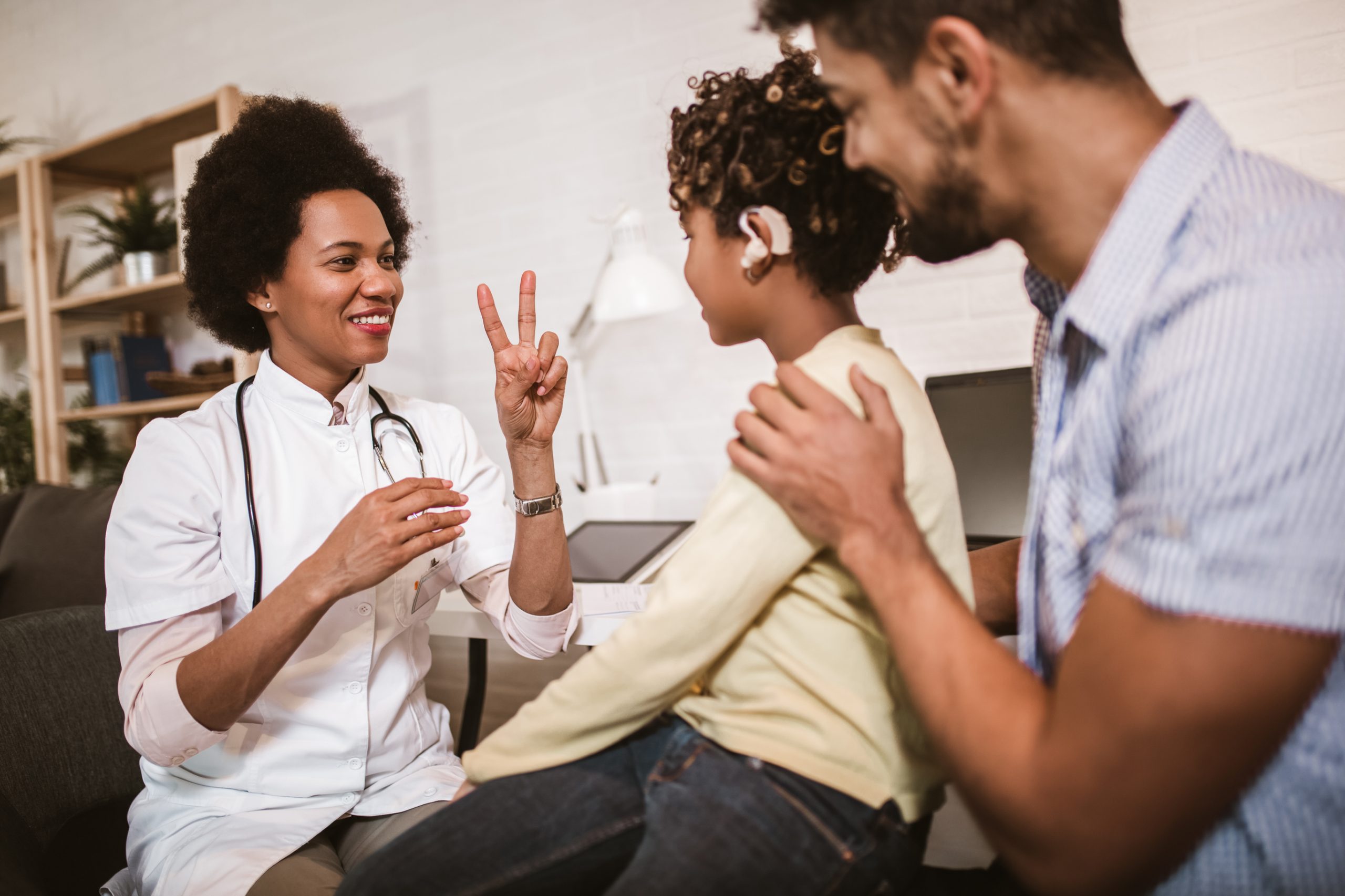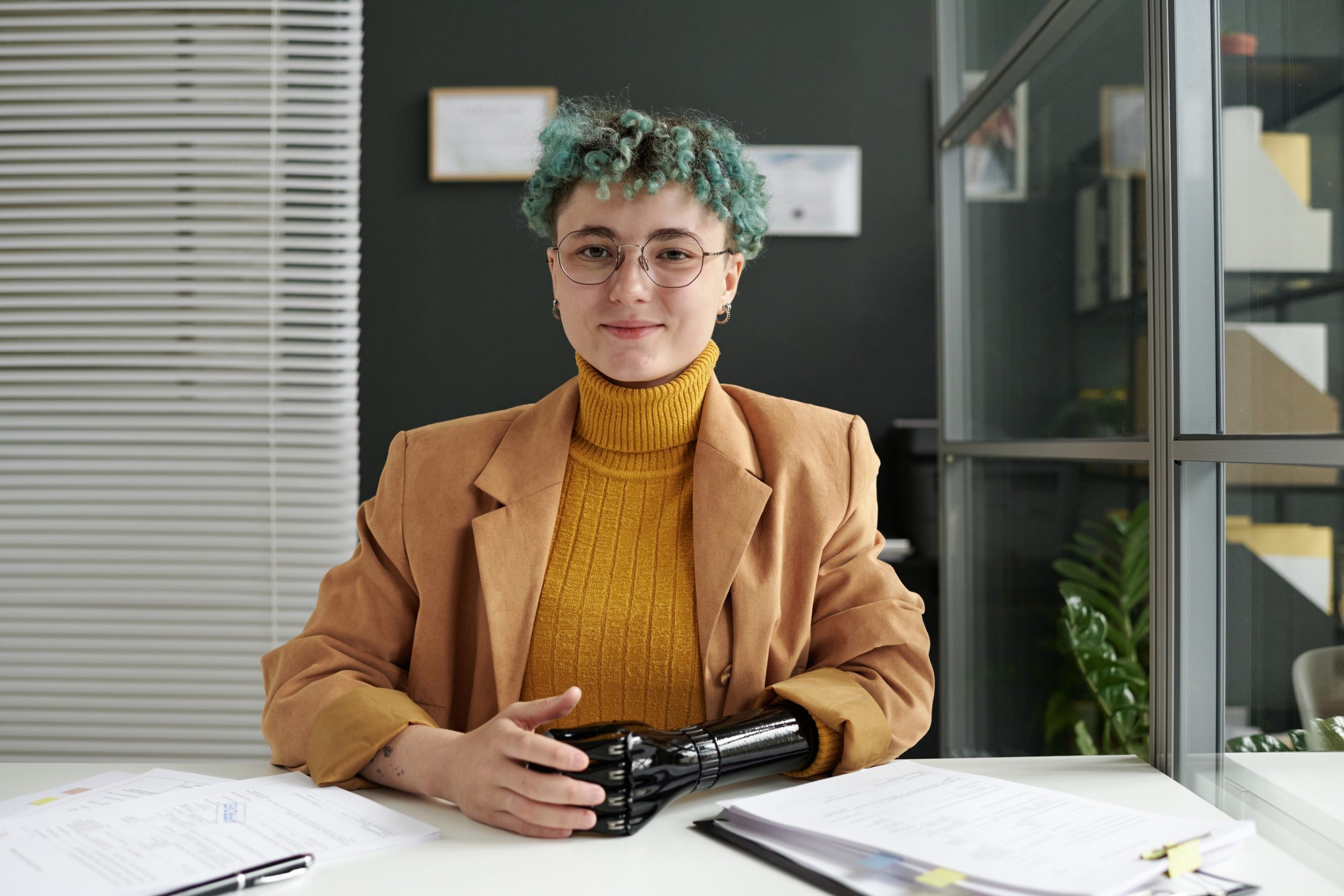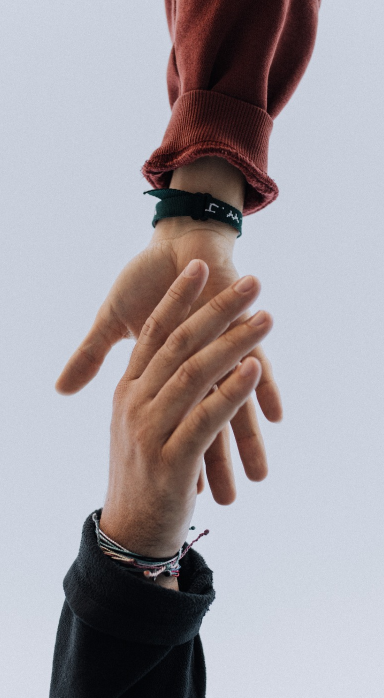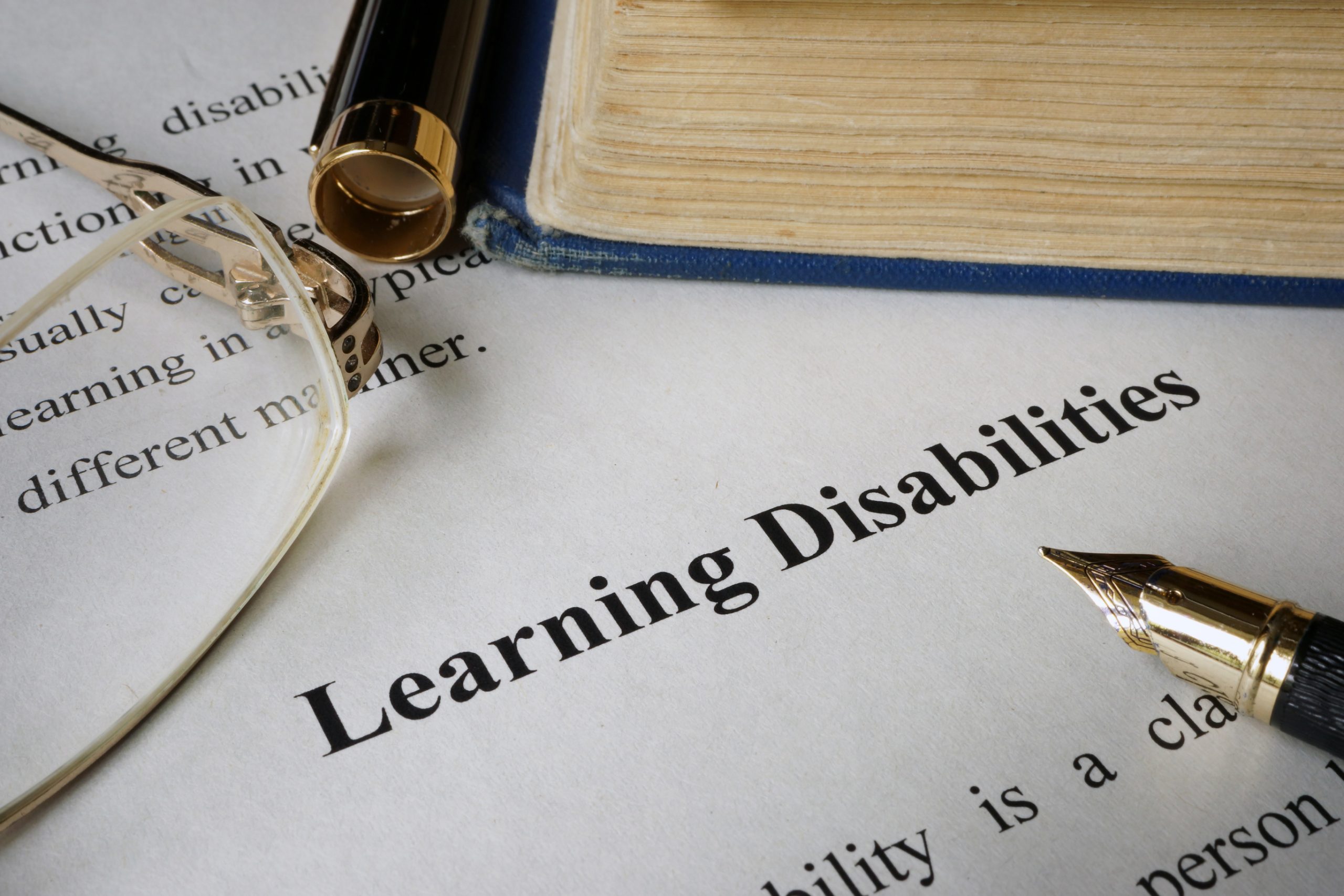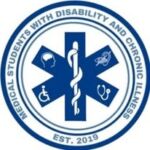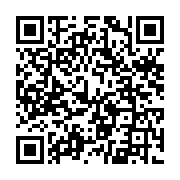Building a More Inclusive
Future in Medicine
Inclusion and accessibility in medicine benefit everyone. MSDCI is working to remove barriers for students and professionals with disabilities, increasing representation of diverse perspectives in medicine. We are fighting health disparities faced by the disability community from within, working to ensure future physicians are trained with a more comprehensive understanding of disabled patients’ healthcare needs.
- Guiding Values
MSDCI is a student-led organization striving to support and serve medical students with disability and/or chronic illness. We are committed to increasing accessibility of medical education for trainees of all abilities as well as advocating for and improving health equity for patients with disabilities.

COMMUNITY
MSDCI fosters connections between disability student groups at medical schools across the country and between our chapters and near-peer mentors. By developing new chapters, we broaden the reach of disability advocacy and further normalize disability in medical students and trainees.

ADVOCACY
Our programming is heavily focused on bringing disability awareness into medical communities. MSDCI provides shared resources and strategies for effective advocacy and seeks to illuminate the intersectional role of the disability community in social justice efforts.

EDUCATION
MSDCI is dedicated to improving accessibility for students and trainees with disabilities or chronic illnesses. We are creating resource guides with tips and tricks to help navigate the medical journey and documents to guide accessibility changes at medical institutions.

Accessibility
We believe that disability education is essential for addressing bias against disabled providers and advancing health equity for patients with disabilities. Through curricular recommendations, clinical skills projects, and examinations of technical standards at our institutions, we seek to improve medical education for patients and providers alike.
- News and Updates
No need to wait for the right moment to help others, we can start in a simple way, such as by donating or providing time to help others in need.
- Blog Post
Voices of Resilience: Insights and Lessons from the Experiences of Individuals with Traumatic Brain Injury (TBI)
Assistive Devices: State-Run Programs Creating More Accessibility
A Recommended Summer Reading List for the Disability Advocate
Personal Reflection: Taking a Leave of Absence From Medical School
Voices of Resilience: Insights and Lessons from the Experiences of Individuals with Traumatic Brain Injury (TBI)
The journey to recovery for people with traumatic brain injuries...
Read MoreAssistive Devices: State-Run Programs Creating More Accessibility
The next time someone references a “crutch” as a negative...
Read MoreA Recommended Summer Reading List for the Disability Advocate
A Recommended Summer Reading List for the Disability Advocate By...
Read MorePersonal Reflection: Taking a Leave of Absence From Medical School
Personal Reflection: Taking a Leave of Absence From Medical School...
Read MoreVoices of Resilience: Insights and Lessons from the Experiences of Individuals with Traumatic Brain Injury (TBI)
Assistive Devices: State-Run Programs Creating More Accessibility
MSDCI’s Letter to the Liaison Committee on Medical Education
A Book Review of “Unmasking Autism: Discovering the New Faces of Neurodiversity” by Dr. Devon Price, PhD
A Recommended Summer Reading List for the Disability Advocate
The Impact of COVID-19 on People with Disabilities
Personal Reflection: Taking a Leave of Absence From Medical School
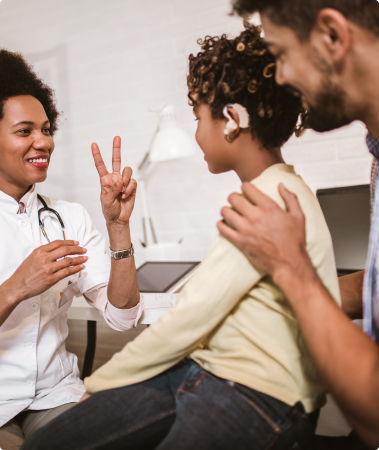
LCME Response to MSDCI’s Letter
Thank you for your communication to the Liaison Committee on Medical Education (LCME) related to the specific inclusion of disability and disability-focused training in the LCME standards for accreditation.
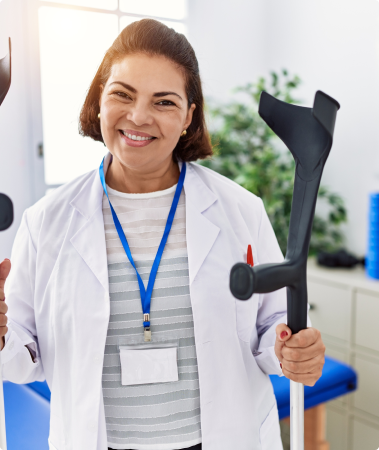
You belong here: recognizing and resisting imposter syndrome.
When I started medical school, I looked around at my classmates and thought that the admission team made a mistake.
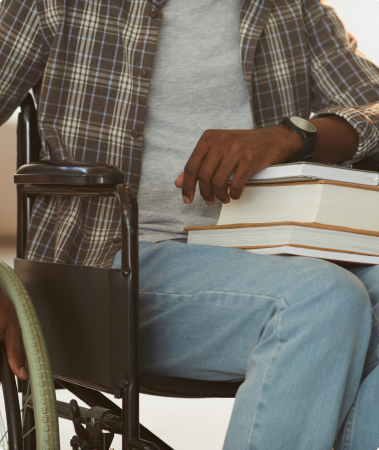
Policy
Two MSDCI-backed policies were adopted by the AMA House of Delegates: 1) Amending H-90-986 to Expand Policy on Medical Care of Persons with Disabilities, and 2) Adoption of Accessible Medical Diagnostic Equipment Standards.
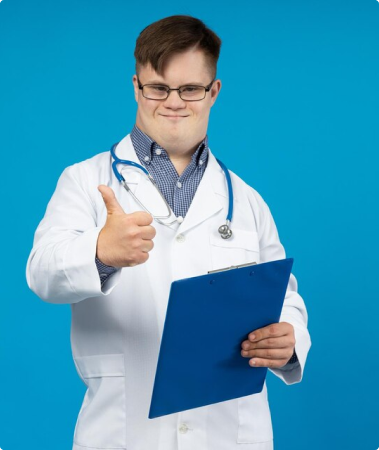
Mentorship Program
We understand firsthand that individuals who are aspiring or current medical students with chronic illness or disability may have questions or thoughts about navigating medical education.
- A Simple Way to Make a Fairer World
Helping others is one way that can be done to make a positive contribution to improving the quality of life of others, and I feel very happy to be able to participate in this activity.
Donate to make a difference today.
Invest in the future of inclusive medicine: empower medical students with disabilities to become the change they want to see in healthcare



